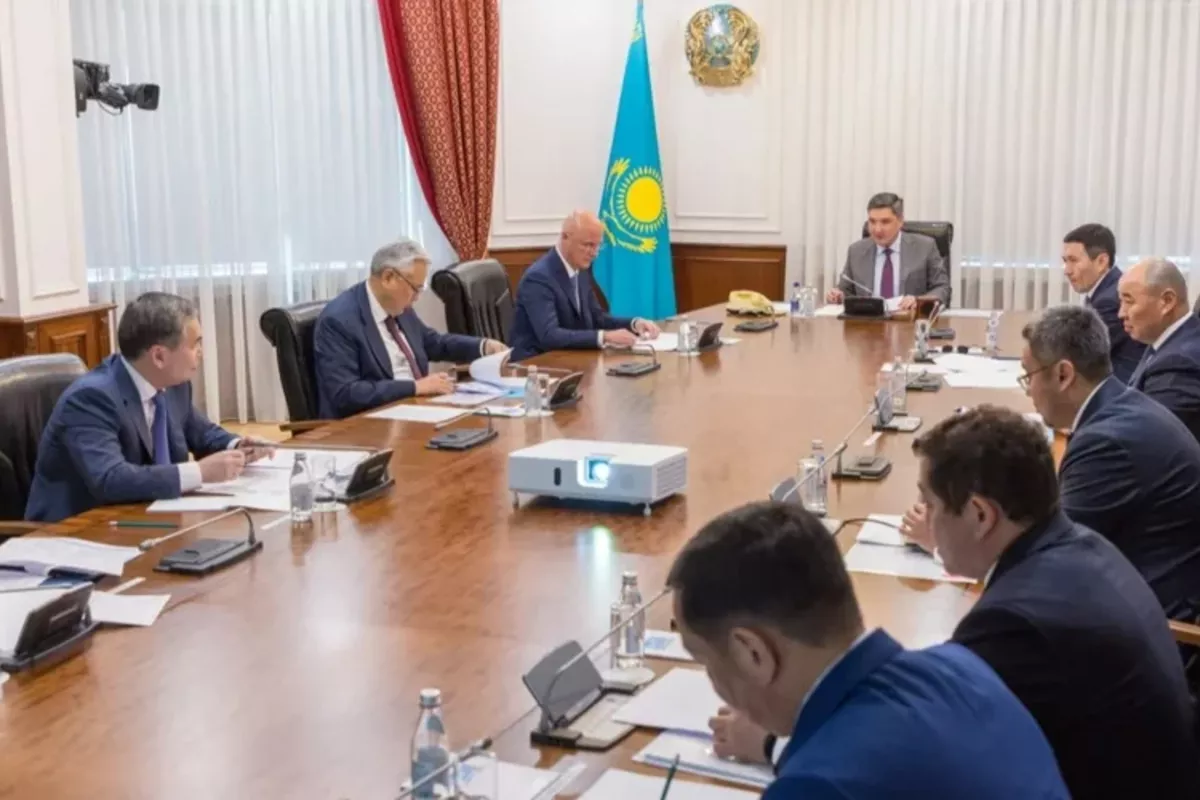
Kazakh Prime Minister Olzhas Bektenov has chaired a high-level meeting to accelerate the development of Kazakhstan’s rare and rare earth metals sector.
The initiative follows the president’s directive to attract advanced technologies and investments into the industry, The Caspian Post repots via Kazakh media.
Key officials present included President’s Aide for Economic Affairs Kanat Sharlapaev, Minister of Industry and Construction Yersayin Nagaspayev, Chairman of Samruk-Kazyna National Wealth Fund Nurlan Zhakupov, and Acting Chairman of NAC Kazatomprom Marat Tulebayev.
During the meeting, Bektenov highlighted the need to modernize production facilities and infrastructure, expand geological exploration, implement cutting-edge processing technologies, and strengthen research capabilities.
According to the Ministry of Industry and Construction, rare and rare earth metals currently contribute 2.4 per cent of Kazakhstan’s metallurgy industry, with 67 billion tenge (124.689 million) invested in the sector since 2018. Exploration is underway at 25 sites spanning 100,000 km², with 38 promising deposits discovered in 2024. Coverage of geological and geophysical data is expected to reach 2.038 million km² in 2025 and 2.2 million km² in 2026.
Kazakhstan produces beryllium, tantalum, niobium, scandium, titanium, rhenium, osmium, alongside bismuth, selenium, and tellurium. Key growth areas include battery material production and recycling, heat-resistant alloys, semiconductor materials, and permanent magnet recycling.
The government is implementing a comprehensive 2024-2028 plan, funding modernization of the Zhezkazganredmet RSE workshop, and providing investors with access to critical geological data. Bektenov instructed officials to prioritize subsoil exploration, registration of man-made mineral formations, battery material development and recycling, and production of heat-resistant nickel alloys. Plans are also underway to establish a Regional Research Center for Rare and Rare Earth Metals under the National Center for Technological Forecasting.
The sector’s importance is underscored by the global market reaching 1.6 million tons in 2024, with annual demand growing 30 per cent in 2023-2024.
Earlier, Bektenov also signed a decree to create an operational headquarters for digital transformation, signaling Kazakhstan’s commitment to modernizing strategic sectors alongside its rare metals industry.
Share on social media